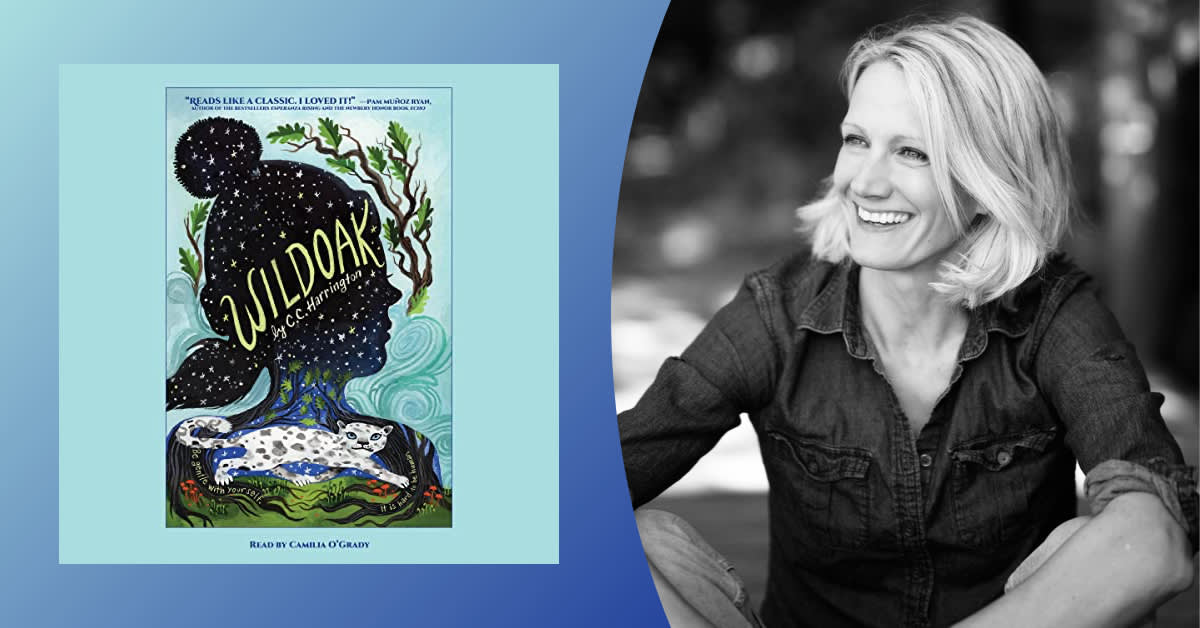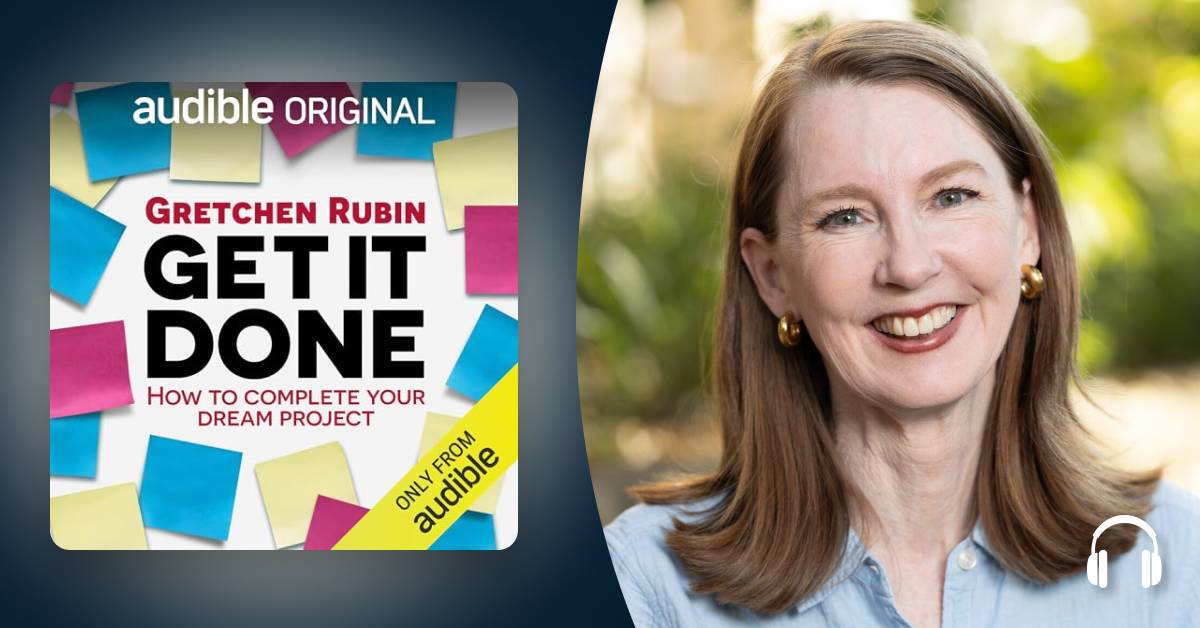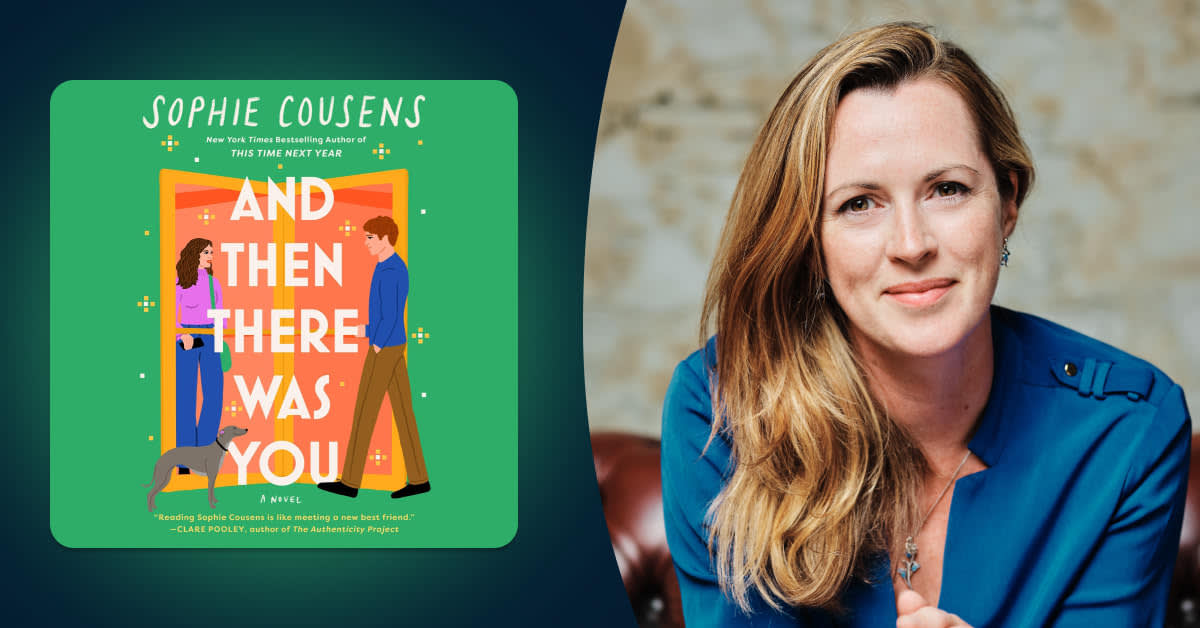With the richly atmospheric and compelling Wildoak, British author C.C. Harrington has crafted a middle-grade novel that will resonate with anyone who has ever struggled to be heard or found solace in nature. In an old Cornish forest in the 1960s, the chance meeting of an abandoned snow leopard named Rumpus and an 11-year-old girl, Maggie, who speaks with a stutter, kicks off a magical adventure that has unique resonance in audio. We talked to the author about the inspirations, impulses, and process that brought this special debut to life.
Audible: Can you tell us a little about the process of writing Wildoak? How did the characters sound in your head as you wrote them?
C.C. Harrington: Each time I write a story, the process varies a little. Wildoak is my first book to be published, but I had written other manuscripts before—mostly as if I was stumbling through the dark, trying to find my way forward, but not really knowing where I was going. With Wildoak, it was different—I had a strong sense of the three central threads of the story early on (an abandoned snow leopard, a child who speaks to animals but struggles with humans, and an ancient forest), but I wasn’t sure how to weave them together. To begin with, I did a huge amount of research, lots of drafting, and lots and lots of re-writing until I eventually came up with a kind of road map. Once I had that, writing the story didn’t take long at all.
And it’s a funny thing … the voice inside your head. The characters to me always sounded like themselves, if that makes sense, although if I had tried to externalize them in any way, I’m not sure I could have.
This story is well suited for audio since it captures the sound of Maggie’s struggles with her stutter. Did your personal or professional experiences inform your authorship of Maggie and her condition?
Yes—it is very well suited! And this is an important question. For me personally, I have extended family members and friends who stutter, some young and some older, although I myself do not. It was really important to me that when we first auditioned for readers for this project that we were clear about wanting to work with somebody who stutters now, or who had stuttered as a child. I cannot believe how lucky we were to find Camilia [O'Grady]—her performance is spellbinding. From our earliest meetings, I very much encouraged her to interpret Maggie’s stutter exactly as she wished. Not everyone who stutters does so in the same way, and there are no set rules per se as to how a person who stutters might or "should" sound—so I was keen for her to infuse her own unique voice and all that she had personally felt as a child into her read of Maggie’s particular voice. I think she does a truly beautiful job.
Rumpus, the snow leopard cub, and Maggie have fascinating parallels, and Maggie’s pure love of animals shines throughout the listen. Did you feel kinship with any particular animal when you were a child? Do you have any animal companions now?
They do experience certain parallels, and in many ways that underpins their relationship. Like Maggie, I have always loved animals and still do. As a child, I grew up with two farm cats—a brother and sister called Bonnie and Clyde. I loved them dearly and communicated with them in lots of ways. In fact, I hadn’t joined the dots until recently that perhaps Rumpus and Rosie were subconsciously inspired by them! They were both silver gray with white paws, playful with one another, and deeply loving. I hope to take in more cats one day, but for now we have a very friendly dog who tends to eat pages of old (or often bad) first drafts!
“It was really important to me when we first auditioned for readers for this project that we were clear about wanting to work with somebody who stutters now, or who had stuttered as a child. I cannot believe how lucky we were to find Camilia—her performance is spellbinding.”
If writing is a way to connect to others out in the world, whom are you hoping to connect with through this story?
I love this question. Story is a way of connecting to others because it gives the listener or reader an opportunity to step into somebody else’s shoes, to feel what they feel, to see the world from a different perspective. Which, of course, is what helps us as human beings to empathize with one another. I would say that I’m hoping to connect with any person who reads or listens to this story—whether they are a child or a child at heart. And in turn, that they may finish the book and find themselves feeling more connected to the whole of the natural world and everything in it.
What was it like hearing Camila O’Grady’s narration?
I am not sure how the awards for audio narrators work, but I really hope she wins one! I think she does a truly extraordinary job. The first time I listened to her read Chapter One, it made me cry. Her performance is sensitive, tender, nuanced, and moving. She brings a whole new level of depth and emotion to the story that isn’t there when it’s just black-and-white type on the page. I also know that she worked tremendously hard and put her heart and soul into the reading. I don’t think anyone could have done a better job, and I feel incredibly lucky to have worked with her.
Can you give your listeners a hint at what your next project might be?
I am very excited about my next project—in fact I have two that I’m working on simultaneously. Both are novels for the same age range, roughly nine to 12 year olds, both have animals in them, and both are set in the UK. In many ways they are very similar to Wildoak, though with different settings and completely different characters. Having said that, I think that all my stories come back to fostering empathy and compassion in one way or another—towards ourselves as unique individuals, towards one another as human beings, and towards the whole of the natural world we live in.





